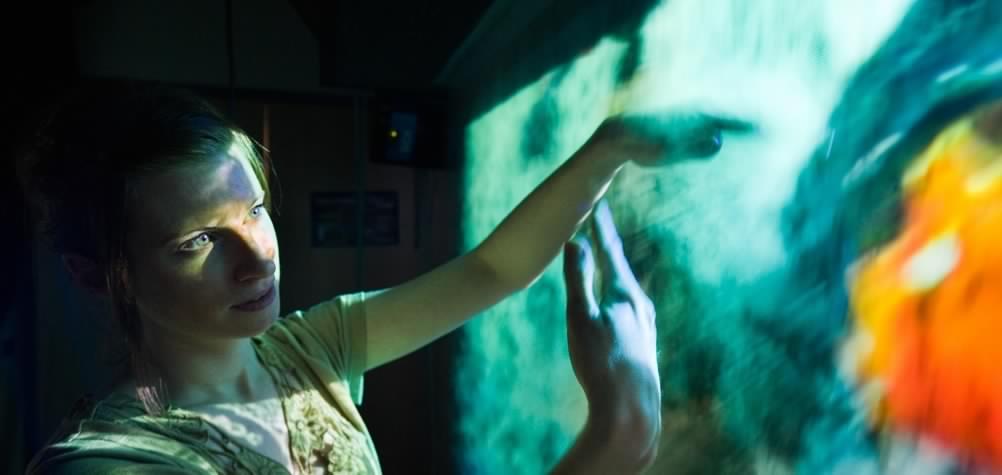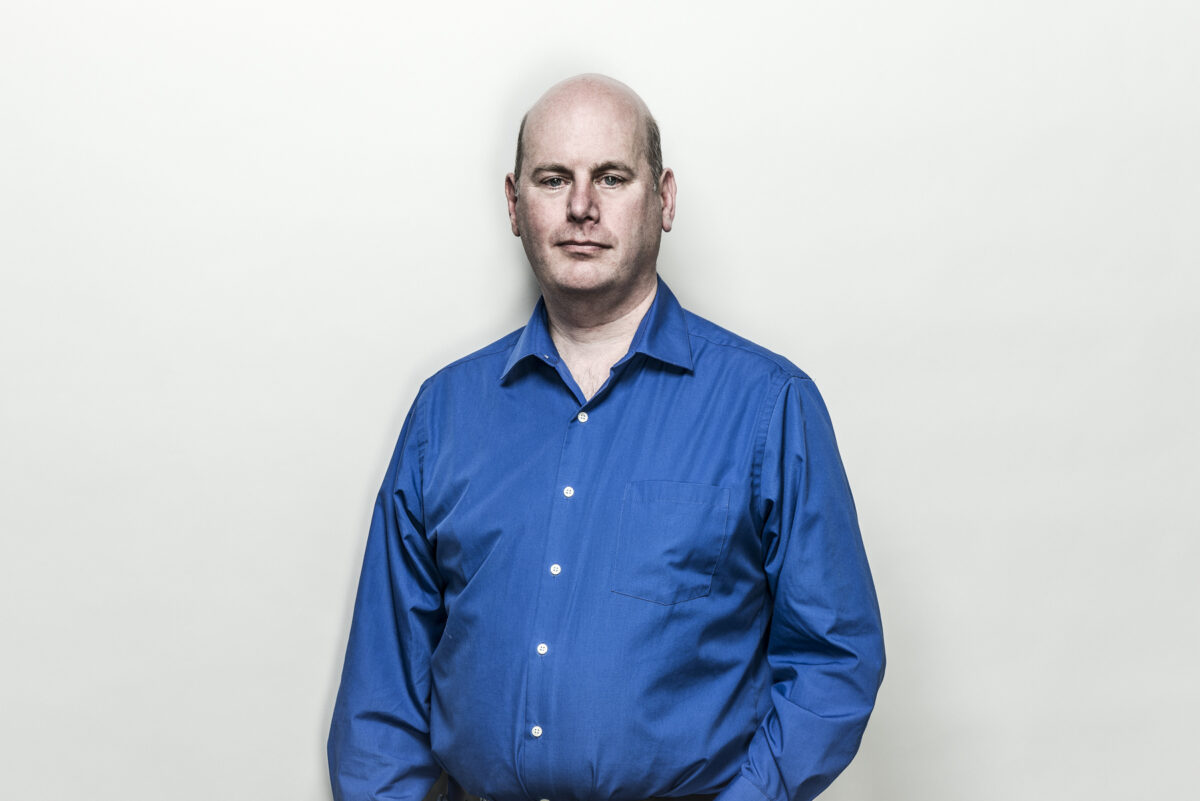
Graduate Programs in
Digital Media
M.Sc., PhD in Digital Media
Fall and Winter Entry Available
About the Program
Our Department of Electrical Engineering and Computer Science also runs, jointly with the Department of Computational Arts, a Graduate Program in Digital Media, offering studies leading to the degrees of Master of Arts (MA), Master of Science (MSc), and a Doctor of Philosophy (PhD) in Digital Media. The program provides the opportunity to do specialized hybrid research work uniquely combining computational science and artistic practices. Work in digital media focuses on a broad range of current and emerging forms of digitally supported media, with applications that range from computer games to interactive art.

Admissions Requirements
Featured Faculty
GRADUATE FUNDING
The Lassonde School of Engineering provides a competitive, guaranteed funding package to all qualified graduate students. This funding package can come in the form of teaching assistantships, fellowships, research assistantships, and/or scholarships. On average, newly admitted domestic graduate students received a graduate funding package of $25,000 and $37,000 for international students.
Andrew McConnell
PhD candidate, Digital Media
McConnell is the first Indigenous student to receive the IBET Fellowship at Lassonde. With the financial support of this four-year $30,000 per year fellowship, he is well-equipped to put his ambitious plans into action and help transform the future of technical STEM education for Indigenous students.
“We need to start talking about the barriers that lead Indigenous people away from professional career paths like engineering; we need to build a system that truly supports us.”
McConnell’s research embodies Lassonde’s multidisciplinary focus. He is enrolled in the School’s Digital Media program, which operates jointly with York’s School of the Arts, Media, Performance & Design (AMPD), allowing learners to do specialized hybrid research, uniquely combining computational science and artistic practices. Supervised by Professor Melanie Baljko in the Electrical Engineering and Computer Science department, McConnell will apply his extensive educational and professional background in English, education, digital media and technology to explore, develop and inform new approaches to Indigenous education in STEM.


